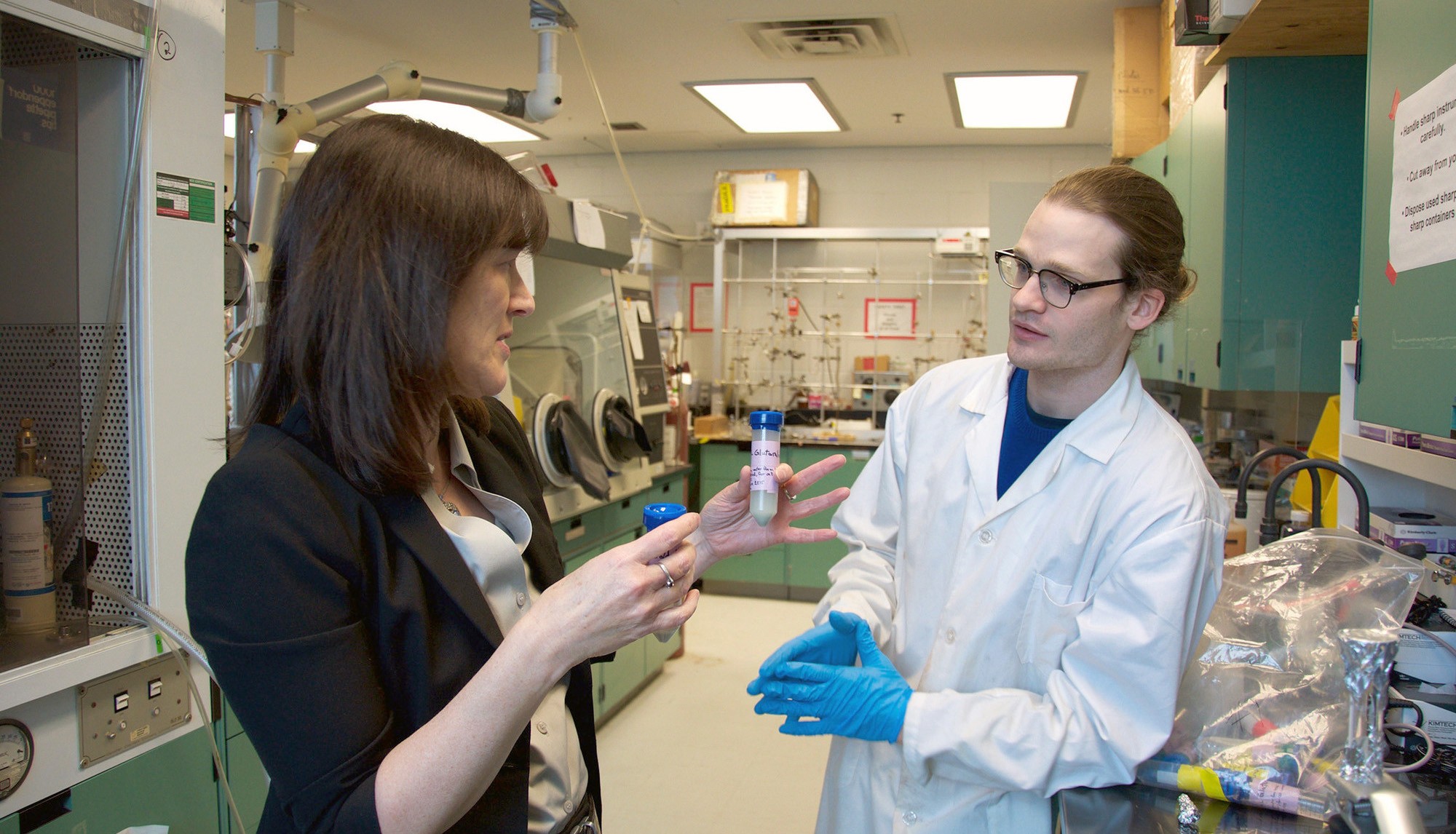Supervision Guidelines for Students – Section 1: Introduction
On This Page

Photo: Diana Tyszko
How Can These Guidelines Help You?
One of the hallmarks of graduate studies at the University of Toronto is a student’s deep engagement with scholarly work, both past and present, in a given discipline. For research-stream doctoral students, this includes a requirement to produce original research, complete a written thesis, and defend it at a Final Oral Examination. Similarly, research-stream master’s students normally have to write and defend a thesis based on original research. Additionally, a number of professional doctoral and master’s programs require that their students are engaged in scholarly activities under the supervision of a faculty member.
Fundamental to the idea of “supervision” is that a graduate faculty member (or occasionally more than one) takes primary responsibility for assisting the student learn the craft of research and proceed successfully to the degree. Supervision can take many forms, depending on a variety of factors: for instance, the program you are enrolled in, the approach used by the supervisor, your needs and learning style, your discipline, and so on.
This document will help you as a graduate student at the University of Toronto understand best practices in graduate supervision. While these guidelines are written primarily for students in research-stream programs, they will equally apply to many students in professional programs. Indeed, most of the principles underlying best practices in supervision apply to all activities that involve students working with faculty members on scholarly projects.
Acknowledgements
This document was developed by a working group at the School of Graduate Studies (SGS) which involved representatives from the School of Graduate Studies, the Graduate Students’ Union, and the Conflict Resolution Centre, as well as faculty members and students from various Divisions. In addition, sections from the document have benefitted greatly from input and comments obtained from various experts across the University. Companion publications provide guidelines for faculty supervisors and graduate administrators. Jointly, these guidelines outline best practices for graduate supervision at the University of Toronto and assist all participants in the supervisory process to have a clear understanding of responsibilities and expectations in order to optimize the graduate experience and prevent or reduce potential problems or conflicts.
Sections
Section 2: General Characteristics of Graduate Supervision
Section 3: Choosing a Supervisor
Section 4: Responsibilities of the Student, Supervisor, and Supervisory Committee
Section 5: If You Need Academic Accommodations
Section 6: When Problems Arise
Section 7: Finishing Up
Section 8: Scenarios
Section 9: Appendix 1 – Resources
Section 10: Appendix 2 – Checklist for Students
